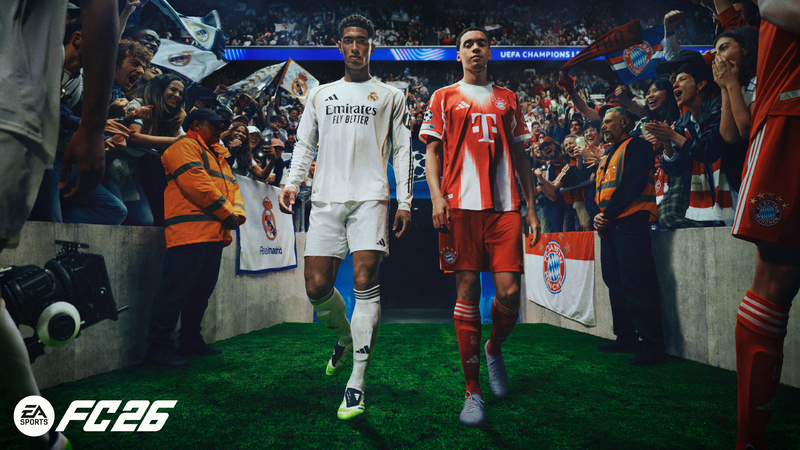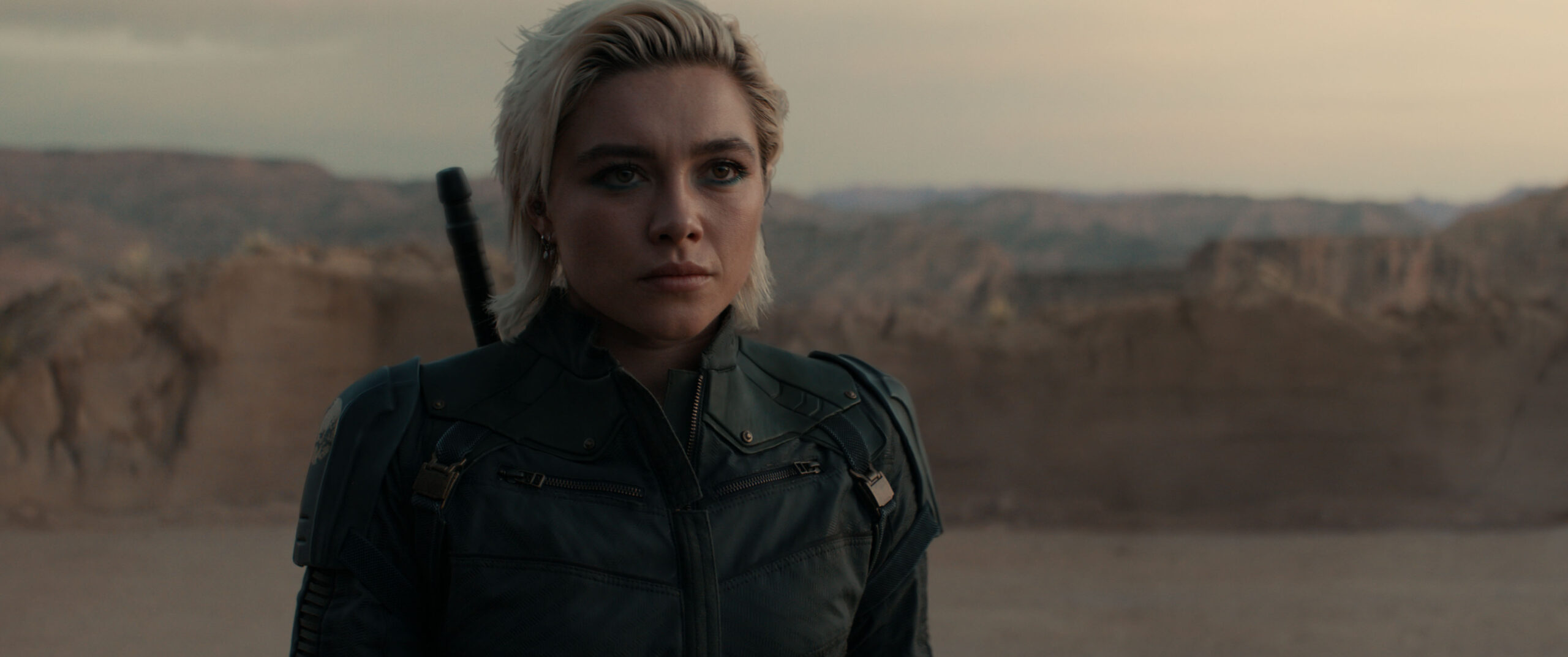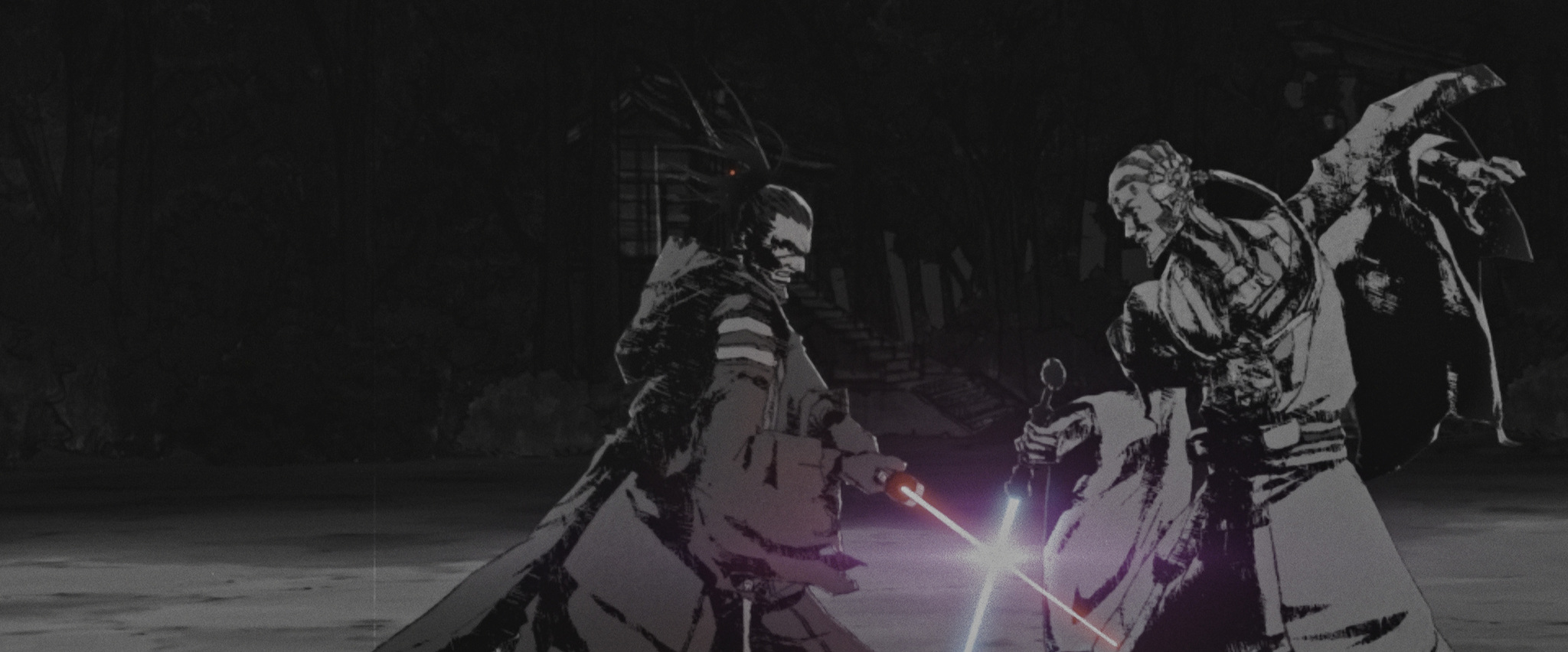
LRM Online recenty had a chance to chat with Paul Kampf, the writer and director of the new thriller Imprisoned, which stars Laurence Fishburne, Juan Pablo Raba, Juana Acosta, John Heard, Esai Morales, Jon Huertas, Edward James Olmos and Ana Isabelle.
In the thriller, Dylan Burke (Juan Pablo Raba), attempts to move on from his former life as a criminal, with his true love, Maria (Juana Acosta). He soon realizes that his past will continue to haunt him, when he learns the new local prison warden, Daniel Calvin (Laurence Fishburne), has not forgiven him for an old crime. Calvin does everything in his power to make sure that Burke pays for his past mistakes, even going as far as to frame him for a murder he didn’t commit, landing him back in jail. When the prison erupts into a riot, Burke and Calvin are each forced to make a choice between righteousness and revenge.
RELATED – Laurence Fishburne Has Nothing But Time In Imprisoned Clip (Exclusive)
Check out our full interview below!
Imprisoned is in theaters now!
LRM Online: Hi Paul. How are you doing?
Kampf: Very well, thank you. Happy we can get a chance to talk today.
LRM Online: Of course. Thank you. It’s always exciting to speak to a writer/ director. To me that’s pretty fascinating because I get to pick your brain a little more.
Kampf: Well, good. It’s nice. It’s nice to feel someone thinks that, so thank you.
LRM Online: Yes, of course. I mean, the actual brain, of the whole project. Why not? Why wouldn’t we?
Kampf: All right. I like it.
LRM Online: Yes. Okay. For starters, as a writer, I mean this film is a little political, but as a writer, I mean, how did you come up with a concept the different scenarios that do happen in real life?
Kampf: Well, I looked at this. I had done a little work years ago when I was living in Chicago, volunteering in the prison system, working with the incarcerated, doing some acting work, and I was very moved by the personal stories, and the commitment that people had to express themselves in ways that they’d never had an opportunity. So, that was sort of planted the seed. That was years ago, maybe 15 years ago. But the idea of freedom taken away, and what does that mean? Which is sort of a prevalent theme in my life, it’s something I think about, second chances, so there really is no more of a direct way to deal with second chances, and who we are in the past versus who we are today. There’s no better way to directly deal with that than look at the prison system because we are penalized for something we did one day in our life or over a course of a short amount of time, we are defined the rest of our life.
So, that to me became sort of the initial premise of the film, but then ultimately, of course, it had to have characters, and stories, and plots, and subplots. So, what I was driving toward in writing this was really looking at the personal, between these three people, the Dylan, and Maria, and warden Calvin, looking at a very personal story, but then how could that be microcosm, and then the macrocosm? How does it affect a community? And as the movie plays out, you really see the personal revenge, the personal pain, the personal hate that this man carries within him. In his attempt to destroy one person, he ignites the community that ultimately rises up and takes down what he stands for. So, to me that was the intent from the beginning. And then you just have to, as you know, you have to kind of figure out how to make it drive from beginning to end.
LRM Online: In the film ,there’s a particular scene where you have Maria and Daniel speaking, discussing, prisoners and it mentioned something about a jail containing prisoners and not reforming them. I mean-
Kampf: Correct. Yes.
LRM Online: … that’s pretty harsh. That’s pretty strong.
Kampf: Yeah, I think that in some ways, unfortunately, that is a very either predominantly evidenced viewpoint in our correctional system, in the United States, or at least there’s a strong number of people in positions that really do feel like the best thing we need to do is put people away for what they’ve done that will make society better and make our lives better. But ultimately, I think in this country we’re seeing that incarceration without rehabilitation is causing more problems and really creating an almost-impossible situation to resolve. So, that’s the point of view that the warden carries is that, people have been destroyed. And of course he’s been personally, directly impacted by the act of a young Dylan Burke. And so he, I think is, as most of us are, our opinions of most major issues in life are formed by the events that happened to someone in our lives. And then we solidify that viewpoint and we have a hard time shifting away from it.
LRM Online: Yeah. When it came down to directing the film, what’s a scene that was more challenging to bring to screen that you had in your script?
Kampf: Well, I mean, I can mention a couple very quickly that are very diverse. One is the prison riot. Just from a logistical point of view, it was very challenging because we have this full-on riot. The thing that was also very exciting is that almost every single man in that prison is a former incarcerated man, so we brought in so many people who had been through the system to use them for their advice and their feedback, but also it’s very sometimes difficult to bring people back into a situation that they have spent their life trying to get out of.
So, it was a challenge, not a challenge for me in a direct way, but you had to be very careful and very conscious of where the boundaries were, and asking people if they were comfortable. Some of the former incarcerated we’d let them go in, walk in on their own, we wouldn’t say anything to them. They had to really acclimate to a space that was either very directly familiar to them, or it was the space they’d been in prior. And then we had to be very… We’re staging a very intense prison riot, and we had to make sure they were safe. And we had a lot of people, like I said, who are not stunt people, that were involved, but what was the most exciting about it, it was really the most fun, I think, that we had on the whole shoot because it was like kids playing in mud. They had so much fun, and really getting a chance to let out a lot of emotion through the physical experience of staging a riot, over, and over, and over again, and re-shooting it from different angles.
So, that was technically a challenge. I guess one of the other main challenges is just there’s a scene between the warden and Maria in the of conjugal visit room where, he sort of seduces her into making a choice that she thinks is going to help her husband. And the intensity of that scene, although very, very little happens on camera, but everyone knew going into that scene what is meant, and it was very… You could feel the weight on the whole crew that day. In a tiny little space, with two very intense actors who were emotionally committed, so it was very uniquely challenging to make sure that everyone, everyone on the crew, everyone in catering was on the same page because that’s a very, very emotionally brutal circumstances they are both wrestling with. But everyone handled it beautifully.
LRM Online: So how involved were you in selecting the cast, if you were at all?
Kampf: Yeah. So as the writer director and then as a producer as well, it was very much my hands on the cast lead. I was able to fortunately hire an amazing casting director, Carla Hool, who’s done amazing things, everything from Coco to Narcos to a bunch of films. But she read the script and as you do with your casting director, you sit down and you collaborate on ideas, who she sees in a role, who I see. And then, of course, you have to figure out are they available, and are they interested, and what was really wonderful is when she first read the script, she gave me the names of Juan Pablo Raba and Juana Acosta, Dylan and Maria. The first time she read it, she said, “I see these two people.” And I’d only known their work from a distance. I hadn’t seen much of their work. And then I met many, many actors for those roles, and then in the end she was absolutely right. Once I met them I realized these are the two people. So, that was a magical part of it.
And then, getting a chance to work with Laurence Fishburne, one of the American great actors.
LRM Online: Right.
Kampf: Fully committed, fully involved in the process. And then Esai Morales and Edward James Olmos, almost legends in the Hispanic community, and very, very committed to both the film, the themes, and also the fact that we had a blended-language movie which they found very exciting that we are telling this story in as close to an authentic way as you can, using both English and Spanish, when it was appropriate, in the film

LRM Online: Mm-hmm (affirmative). I mean, you cover something I was actually going to mention about, the blended language. I mean, I feel that it was lovely to see that take come in place, because, I mean, we’re in the U.S. Where it’s like multi-cultured, that’s just the way it is. Kind of finally I feel like we’re catching up to Europe where everyone’s speaking several languages and it’s okay, and it’s very common. So I love how you guys blended that in.
Kampf: Yeah. Thank you. Yeah. I think European analogy is good. I feel like we’re, as you said, cinematically behind, but we’ve had, you know, that one of our challenges with this film is they’re sort of the mainstream distributors we talked to were very interested only in just an English version. They didn’t want the Spanish. And that’s something we really held onto is that this is going to be a dual-language film, and it’s subtitled appropriately, but it has to flow in the way the language flows in Puerto Rico, which is moving between English and Spanish very, very easily.
LRM Online: Yeah. I know I have to wrap up a little bit, but speaking of, take this film and in Puerto Rico, I mean, how lucky were you to be able to do this? I mean, it was filmed in Puerto Rico, right? Can I confirm that?
Kampf: Yeah. Yeah, yeah, 100% we were the last film to shoot.
LRM Online: Yes.
Kampf: Right before the hurricane, Hurricane Maria, we finished. So we were, yeah, the last film, and then the hurricane, of course, made major devastation on the island.
LRM Online: I mean, how fortunate you guys had the privilege to film this there. I mean, I’m sure when Hurricane Maria came in, I mean, you were probably like an impact. Like, wow.
Kampf: Absolutely. Well, we were in post production in Puerto Rico, so we lost contact with our post-production team for almost a week.
LRM Online: Oh, wow.
Kampf: So, I honestly, we didn’t know if we had a movie or not. All communication was destroyed. And finally, I got a call at three in the morning from my editor, from a phone line that he found, said that he had everything hidden and protected and I said, “Go to the airport, and I’m going to fly you and the rest of the digital copies to LA.” And he stayed in the airport for three days until there was a flight available, and I got him to LA. So, it was quite a harrowing journey.
LRM Online: It sounds like it. I mean, you’re telling me about it and I got goosebumps thinking about it.
Kampf: Yeah, it was pretty crazy.
LRM Online: Yes. So, one more thing I want to cover before our time goes.
Kampf: Sure.
LRM Online: I understand there was like equal women pay in this film. I mean, that it was mandated from the filmmakers? Can you tell us about that?
Kampf: Absolutely. So my company Equinox Entertainment and my partners, we had a mandate when we started this company, which is every film we would make, we would have an equal pay commitment to the male and female lead. So, that’s something we did with this movie, Juana Acosta was paid equal to Juan Pablo Raba, which is very rare, and caused her representation, I think, to be a little confused, because we were negotiating in favor of giving her more money, and that was our commitment from the beginning.
And we also work really hard on the majority of all of our department heads in the film were run by women, and we really looked to create equal opportunity in every category. So, not just in front of the camera, but behind the camera. We made sure that we had equal pay and equal opportunity across the board.
LRM Online: That’s great. And I hope others kind of notice that and maybe learn from it. You’re setting an awesome, great example of it.
Kampf: Well, thank you. We hope people steal that from us.
LRM Online: Yes. The good stuff, right?
Kampf: Absolutely.
LRM Online: To finalize, anything you can share with us, you might be in works on, that you may be working on so we can see if where there new material of yours?
Kampf: Yeah, I mean one of the projects who actually since since the film was finished, we went back and I produced a movie in Puerto Rico after the hurricane that was, starring, and directed by Rosalind Sanchez. It was her directorial debut. And so that film is called Satos, S-A-T-O-S. And it’s all about the dogs in Puerto Rico, and dramatic story. But that film will be finished in the next few months and coming out, and it kind of shows our, not only commitment to equal opportunity, but to try to go back and help the people of Puerto Rico by making projects there.
LRM Online: Well, that’s great. I mean, I’m sure Puerto Ricans are very thankful for you showing the love for Puerto Rico.
Kampf: Yeah. Well, we love it. We get to go down there in about a week and, and premiere the movie.
LRM Online: That’s great. Well, congratulations on that. Congratulations, right now on Imprisoned, and I wish you much success in looking forward.
Don’t forget to share this post on your Facebook wall and with your Twitter followers! Just hit the buttons on the top of this page.
—–
Have you checked out LRM Online‘s official podcast feed yet The LRM Online Podcast Network, which includes our flagship podcast Los Fanboys, our premiere podcast Breaking Geek Radio: The Podcast, and our morning show LRMornings? Check it out by listening below. It’s also available on all your favorite podcast apps!
Subscribe on: Apple Podcasts | Spotify | SoundCloud | Stitcher | Google Play

 FOR FANBOYS, BY FANBOYS
Have you checked out LRM Online’s official podcasts and videos on The Genreverse Podcast Network? Available on YouTube and all your favorite podcast apps, This multimedia empire includes The Daily CoG, Breaking Geek Radio: The Podcast, GeekScholars Movie News, Anime-Versal Review Podcast, and our Star Wars dedicated podcast The Cantina. Check it out by listening on all your favorite podcast apps, or watching on YouTube!
Subscribe on: Apple Podcasts | Spotify | SoundCloud | Stitcher | Google Play
FOR FANBOYS, BY FANBOYS
Have you checked out LRM Online’s official podcasts and videos on The Genreverse Podcast Network? Available on YouTube and all your favorite podcast apps, This multimedia empire includes The Daily CoG, Breaking Geek Radio: The Podcast, GeekScholars Movie News, Anime-Versal Review Podcast, and our Star Wars dedicated podcast The Cantina. Check it out by listening on all your favorite podcast apps, or watching on YouTube!
Subscribe on: Apple Podcasts | Spotify | SoundCloud | Stitcher | Google Play



